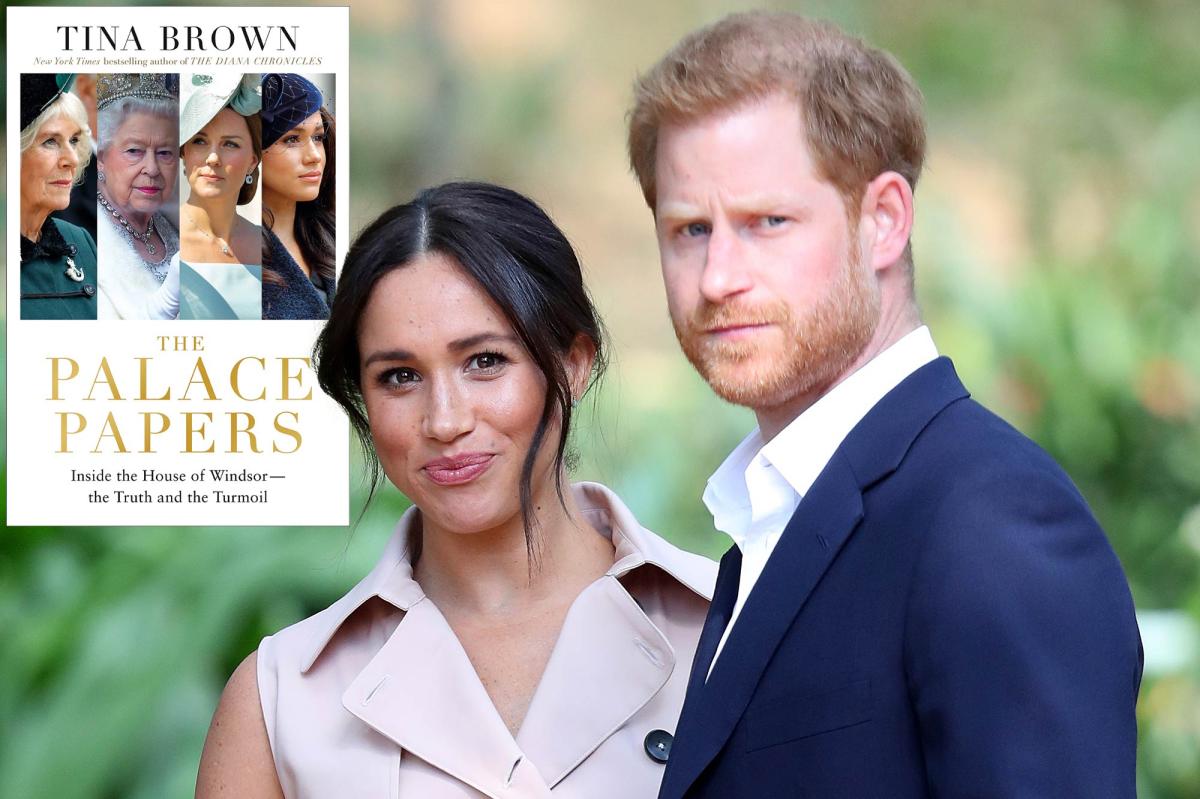Must Read
Royal Turmoil: Meghan Markle and Prince Harry’s Security Dispute
Meghan Markle and Prince Harry made headlines in 2020 when they decided to step down from their royal duties and relocate to California.
One of the key reasons behind their departure was their desire to have the autonomy and resources to manage their own security arrangements, rather than depending on UK taxpayer funds and metropolitan police protection.
Since their move, the couple has been financing their security measures in both the United States and Canada, where they have resided.
However, during their visits to the UK, they have requested police security, citing their international status and high public profiles as reasons for ongoing security threats.
Despite the Sussexes' requests for police protection during their UK visits, the Home Office, responsible for handling such matters, has consistently denied their appeals.
The government's stance is that as non-working members of the royal family, Harry and Meghan are not entitled to state-funded security and must make their own arrangements.
This disagreement has led to a growing rift between the Sussexes and UK officials.
Earlier this year, Meghan took legal action against the Home Office after being refused police protection during a trip to Britain.
Her legal team argued that she felt unsafe in the UK due to threats from white supremacists, extremists, and online stalkers.
However, recent statements from London's Metropolitan Police Commissioner, Sir Mark Rowley, have cast doubt on the Sussexes' security concerns.
In an interview with BBC London, Rowley emphasized that security assessments for public figures are based on credible threats rather than mere public status or profiles.
He clarified that decisions regarding security provision are made independently by the police force, separate from governmental influence.
While the government has rejected Harry and Meghan's requests for security assistance in the past, the police would only intervene if there were specific and substantiated security threats.
Rowley's remarks have elicited mixed reactions from the public.
Supporters of the monarchy view his comments as reaffirming the need for security measures to be justified by genuine threats, rather than fame or status.
On the other hand, advocates for the Sussexes argue that his statements disregard their legitimate security concerns and dismiss Meghan's legal battle.
The ongoing dispute over security funding between the Sussexes and UK authorities may escalate further following Rowley's statements, potentially complicating future visits to the UK for the royal couple and their children.
The police commissioner's assertions signal a shift towards a more evidence-based approach to security provision for public figures, emphasizing the necessity of concrete threats to warrant police involvement.
This stance could set a precedent where only senior working royals receive taxpayer-funded security while visiting overseas.
While this strategy may align with the government's cost-cutting objectives, it risks straining family relations and limiting the Sussexes' ability to make private trips back to the UK.
In conclusion, Rowley's interview aims to clarify that police intervention is contingent on verified security risks rather than royal status alone.
By delineating this policy, he may have inadvertently exacerbated the tension surrounding the Sussexes' security arrangements during their UK visits.
The outcome of this dispute remains uncertain, as it hinges on finding a middle ground that ensures the couple's safety without compromising established security protocols.
The evolving situation underscores the authorities' commitment to impartial security assessments, detached from royal-related controversies, underscoring the police's role in safeguarding public figures based on tangible threat assessments.
The ongoing debate surrounding Meghan Markle's security concerns underscores the complexity of balancing personal safety with public expectations in the realm of royalty.






























